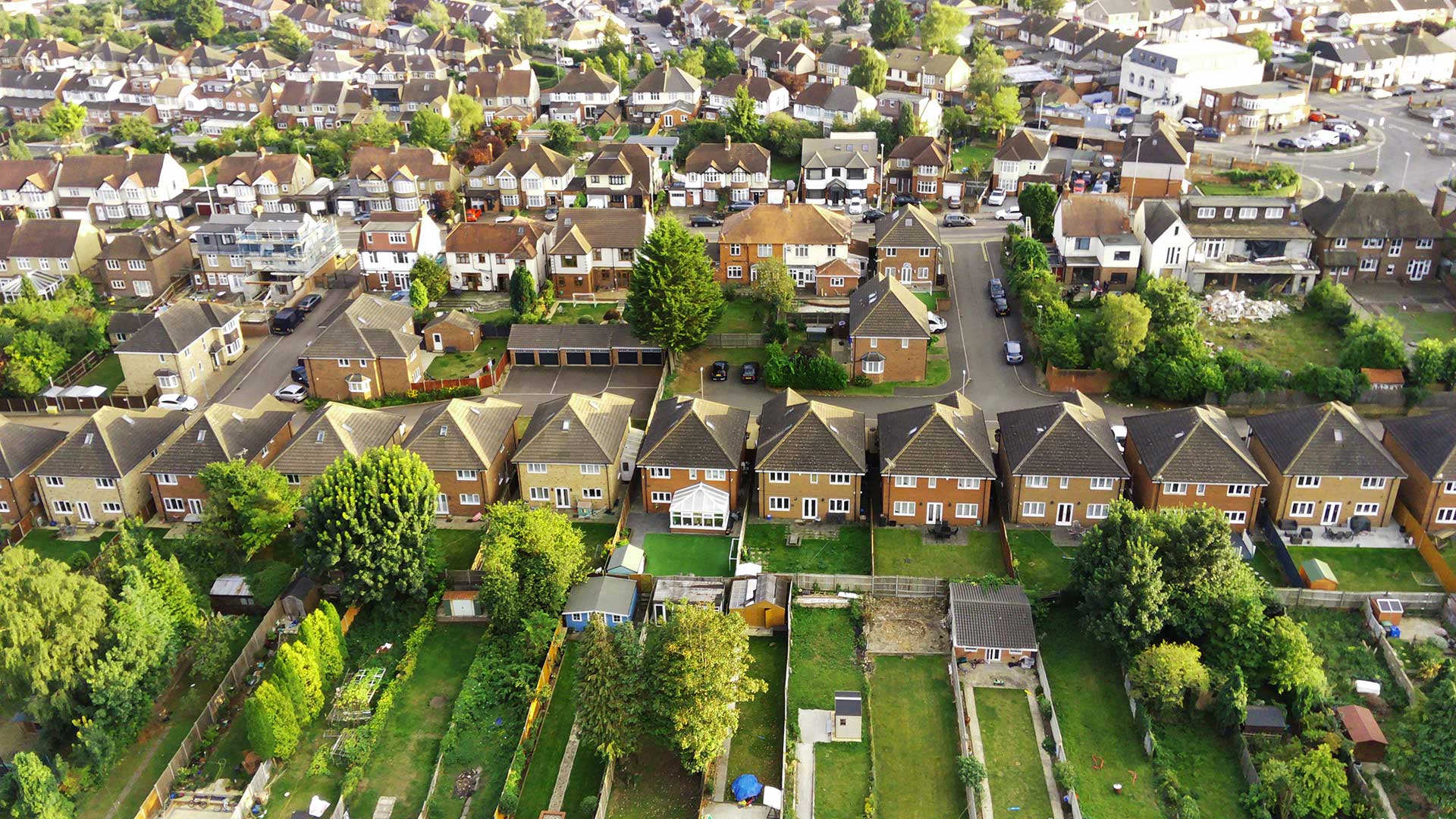How does Britain feel about the Christmas COVID-19 regulations?
The Britain Barometer is our regular polling of public opinion in Britain. We cover a range of topics including political views and voting intentions, the economy, government policies and emerging issues important to the British public.

Our latest barometer on British public opinion and voting intentions finds that two thirds of Britons plan to be vaccinated, and there is only minority support for the Christmas regulations allowing mixing of households.
Kantar’s research which took place between 10 and 14 December 2020 reveals:
- Nearly two thirds of people (65%) say they would definitely/probably get a COVID-19 vaccine, +2 vs November
- Less than a quarter (23%, +1) of people say they definitely/probably would not plan to be vaccinated
- 27% of the people who wouldn’t plan to get vaccinated state safety concerns as the main reason, and 13% say they want more information before they decide
- Majority of people in Britain oppose the temporary Christmas regulations to allow people to mix indoors with up to two other households – 50% oppose/strongly oppose compared to 40% who support/strongly support
- Four in ten (40%, +6 vs November) say that coronavirus has reduced their personal income. Of that group, 22% expect this reduction to be permanent (-1).
More detailed analysis on themes
1. Attitudes towards vaccination
-
As the Pfizer vaccine is rolled out across the UK to the most vulnerable population groups, the stated likelihood to be vaccinated remains lower than in the summer: 65% say they will definitely or probably get the vaccine, compared to 69% in July 2020. However, 73% of people aged 65 and over say they would definitely plan to get a vaccine.
Of the 23% of people who say they would probably/definitely not plan to get a vaccine, the main reasons given were:
- “I have concerns about safety/there is not enough evidence yet about safety”, by 27% of the group who say they do not plan to be vaccinated. Women in this group are more concerned than men about safety: 36% vs 17%
- “I want more information about the vaccines before I decide” by 13% of people who do not plan to be vaccinated. Women in this group also more likely to say this than men: 18% vs 8%.
- “I don’t trust the intentions of those creating vaccines” by 11% of those who do not plan to be vaccinated. People aged 18-24 are more likely to give this as their main reasons for not planning to get a vaccine: 21%, vs 9% of those aged 25+.
2. Perceptions of government interventions to handle the COVID-19 outbreak
- If a new referendum on EU membership was held, 35% would vote to apply to join the EU (-1 Vs December 2021), 34% would vote to stay out (+1). 18% would not vote (-1) and 12% do not know how they would vote (+1).
- More than half of Britons (54%) think the government is handling Brexit very/fairly poorly. 30% think the government is handling Brexit Very/fairly well.
3. Attitudes towards Christmas regulations
Younger people are more likely to support the Christmas regulations allowing limited household mixing. 49% of 18-44-year old’s support/strongly support them, compared to 28% of people aged 55+.
There appears to be high levels of stated understanding of the new rules, with 81% of people saying they fully or partially understand them.
4. Brexit: What do the public want to see happen?
When asked about their preferred outcome of the UK’s exit from the European Union:
- Less than one in four (23%, +4) name a ‘no trade’ deal as their preferred outcome. 43% say they favour leaving with a trade deal (-1).
- Nearly half of people (49%, +14) think we will leave the EU with no trade deal and less than one in five people (18%, +1) think we will negotiate a trade deal.
- However, a third (33%, -14) do not know which of these outcomes is more likely.
Almost half of the public (48%, -3) think the Brexit negotiations are being handled very/fairly poorly, and almost one in three (31%, +5) think they are going very/fairly well.
Thinking to the future after Brexit, the public is also divided on how well the UK government is negotiating trade deals with countries outside of the EU. Over a third (34%. +5) think the government is handling these negotiations very or fairly well. However, 42% (-1) think they are handling them very/fairly poorly.
5. Household economic impact of COVID-19
Nearly 1 in 3 (31%, -1) say they are finding it harder to meet their household budget than a year ago. 36% of those in work (-6) feel that their job is less secure than a year ago.
6. Voting Intentions
- Con 38% (-2 vs November 2020)
- Lab 37% (+1)
- Lib Dem 10% (+2)
- SNP 5% (nc)
- Green 5% (nc)
- Brexit 3% (nc)
- UKIP 1% (nc)
- PC 1% (+1)
- Other 1% (nc)
7. Methodological information
A total of 1,137 interviews were conducted online among adults living in Great Britain between the 10th and 14th December 2020. All interviews were conducted as online self-completion. The Kantar online access panel was the main sample source.
The data was weighted to match population totals for age, gender, 2019 General Election voting patterns, 2016 EU referendum voting patterns, education, region, and likelihood to vote in the next General Election.
Any use of this research must cite Kantar Public (now Verian) as the source.
This Britain Barometer was issued under Verian's former global brand name: Kantar Public.
Our latest thinking
Subscribe to receive regular updates on our latest thinking and research across the public policy agenda
Our latest thinking
Subscribe to receive regular updates on our latest thinking and research from across the public policy agenda








